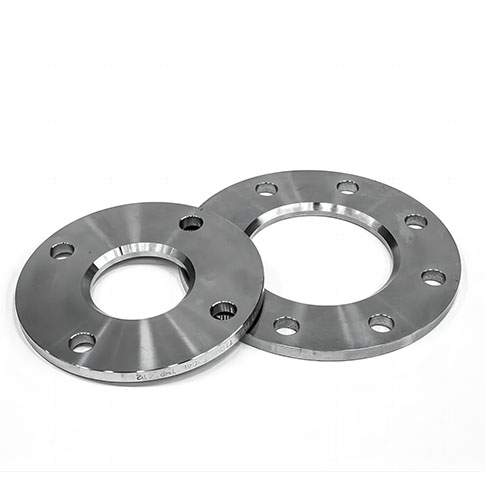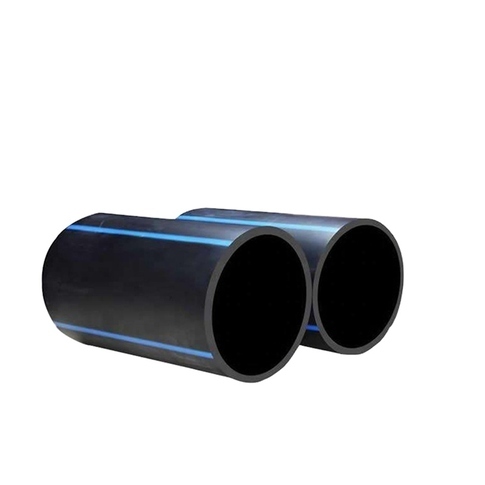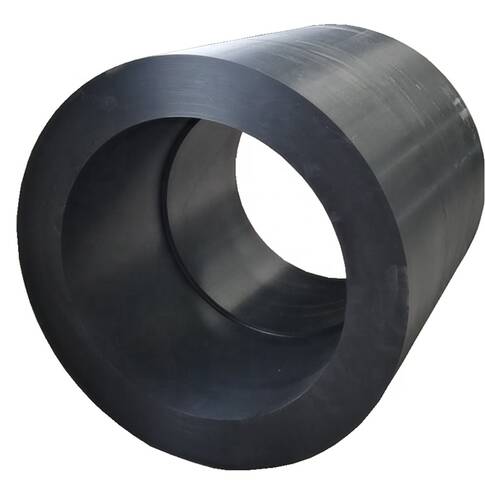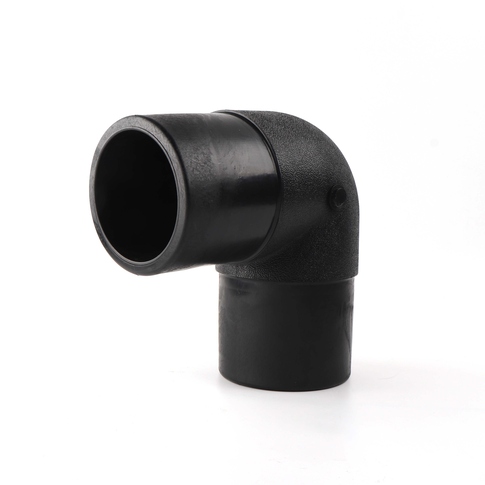08
Sep
Can HDPE Water Supply Pipes Use Recycled Material Or Mixed Virgin?
HDPE water supply pipes have emerged as a popular choice for modern infrastructure projects due to their durability, flexibility, and resistance to corrosion. However, a question often arises: Can HDPE water supply pipes incorporate recycled material or mixed virgin materials? In this article, we will explore the possibilities and considerations when it comes to using recycled or mixed virgin materials in HDPE water supply pipes.
HDPE Water Supply Pipes Description
HDPE (High-Density Polyethylene) water supply pipes are commonly used in municipal water distribution systems, residential plumbing, and various industrial applications. They offer numerous advantages, including:
- Outstanding Durability: HDPE pipes are highly resistant to wear, corrosion, and chemical reactions, making them ideal for long-lasting water supply systems.
- Flexibility: The inherent flexibility of HDPE pipes allows for easier installation, especially in areas with complex terrain or existing infrastructure.
- Leak-Free Joints: HDPE pipes are joined using heat fusion, creating leak-free connections that ensure consistent water flow in the distribution network.
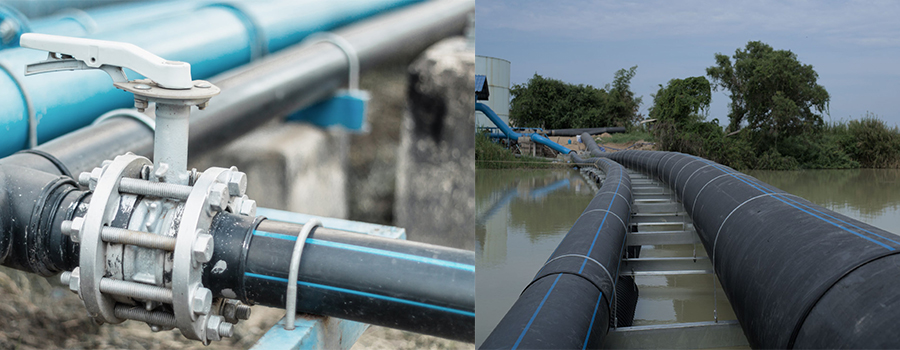
Recycled Material in HDPE Water Supply Pipes
- Feasibility: It is possible to incorporate recycled HDPE material into the production of HDPE water supply pipes. However, the feasibility depends on the quality of the recycled HDPE and the specific requirements of the water supply system.
- Quality Considerations: When using recycled HDPE, it is crucial to ensure that the material meets stringent quality standards. Contaminants, degradation, or varying material properties could compromise the integrity and performance of the pipes.
- Regulatory Compliance: Check local regulations and standards regarding the use of recycled materials in water supply pipes to ensure compliance and the safety of drinking water.
Mixed Virgin in HDPE Water Supply Pipes
Advantages: The use of mixed virgin materials can provide a balance between performance and cost-effectiveness. By blending virgin HDPE with recycled HDPE, manufacturers can optimize the pipes’ mechanical properties while still incorporating sustainable practices.
- Material Selection: The choice of mixed virgin materials should be based on thorough research and testing, ensuring compatibility and maintaining the pipes’ compliance with industry standards.
- Quality Control: Stringent quality control measures are essential in maintaining consistent material properties throughout the production process.
Balancing Sustainability and Performance
The decision to utilize recycled material or mixed virgin materials in HDPE water supply pipes requires a careful balance between sustainability and performance considerations. Key factors to consider include:
- Application Requirements: Assess the specific requirements of the water supply system, such as pressure, temperature, and expected lifespan. Critical applications may necessitate the use of pipes with higher-performance properties, favoring the use of new HDPE material.
- Environmental Impact: Consider the environmental benefits of incorporating recycled material, such as reducing plastic waste and conserving natural resources.
- Applicable Standards: Ensure that the chosen materials and manufacturing processes meet relevant standards and regulations for water supply systems.
While it is technically possible to incorporate recycled material or mixed virgin materials into HDPE water supply pipes, careful evaluation and adherence to quality standards are essential. Manufacturers and industry professionals must consider the specific requirements, regulatory compliance, and performance expectations of the water supply system. Ultimately, finding the right balance between sustainability and performance will help create durable and reliable HDPE water supply pipes.

